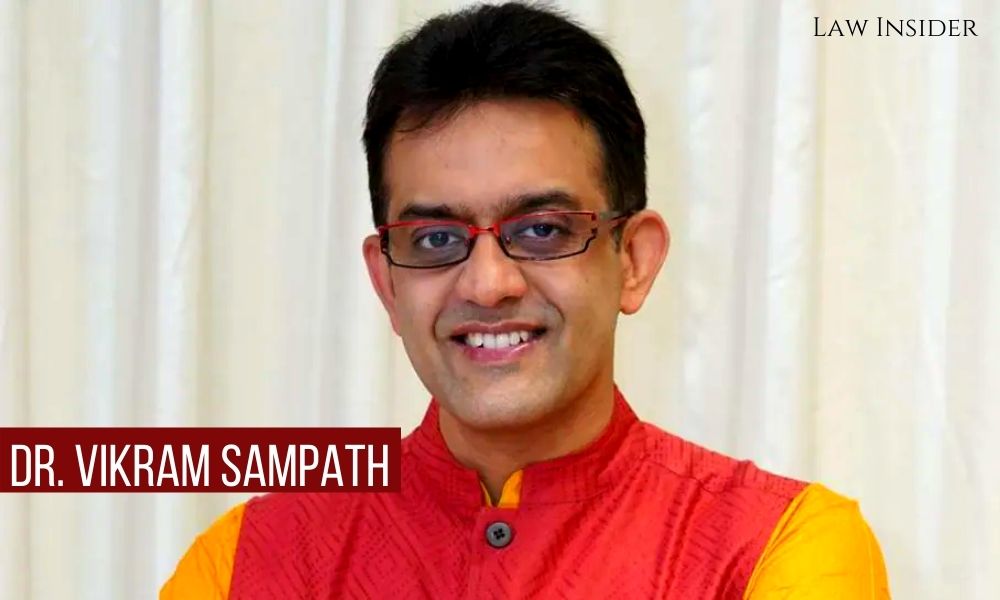Mitali Palnitkar
Published On: February 18, 2022 at 17:38 IST
On February 18, the Delhi High Court restrained historian Dr Audrey Truschke and others from publishing any defamatory material against historian Dr Vikram Sampath till April1 on Twitter and other online and offline platforms.
Justice Amit Bansal passed an Ad Interim Order and restrained the Defendants from publishing a letter dated February 11 addressed to Royal Historical Society, London raising allegations of plagiarism against Sampath until the next hearing.
A Suit was filed by Sampath against Truschke and other persons over the said letter, raising allegations of plagiarism with respect to a journal publication and Biography of VD Savarkar and some defamatory tweets made.
It was stated that Truschke, Ananya Chakravarti and Rohit Chopra had written the letter to Royal Historical Society raising allegations of plagiarism. The crux of the allegation was that an essay written by Sampath in a journal was plagiarized from an essay written by Vinayak Chaturvedi.
Further, it was alleged that the defamatory tweets made by Abhishek Baxi and Ashok Swain were posted with a Mala Fide intent to hit Sampath’s professional reputation.
The Suit sought decree of permanent injunction against the Defendants to cease publication of letter and defamatory material. It also sought damage of Rs 2 crore from the Defendants.
An Application seeking Ad Interim ex parte injunction was filed to restrain defendants from publishing the letter or defamatory material. It sought an interim ex parte injunction to direct Twitter to cease the publication of alleged defamatory tweets.
Advocate Raghav Awasthi representing Sampath stated that Sampath was not liable for plagiarism as he had properly cited and given due credits to the authors. He argued that Dr Jhanki Bhakhle had written a review on Sampath’s book and made no grievance of plagiarism.
Senior Advocate Sajan Poovayya representing Twitter stated that it was just an intermediary and if the URLs are provided, the same will be taken down.
The Court noted that the Plaintiff had given due credits and footnotes of the said works. Also, defamatory tweets were being posted based on the publication of the letter.
It further stated, “In my view Plaintiff has made a prima facie case for ad interim the continued publication of said letter has been causing considerable damage to plaintiff’s reputation and career. Balance of convenience is in favour of the plaintiff.”
The Court issued Summons to the Suit and listed the matter for further hearing on April 1.

